Throughout history, domestic cats have earned a significant place in the folklore and superstitions of various cultures. Ancient civilizations revered these feline creatures for their mysterious aura, intelligence, and hunting prowess. This admiration often led to cats being perceived as symbols of good fortune. This article delves into the fascinating journey of how domestic cats have come to symbolize luck across different societies.
Cats in Ancient Egypt: Guardians of Prosperity

Ancient Egypt is perhaps the most well-known culture to have celebrated cats. They were closely associated with Bastet, the goddess of home, fertility, and childbirth. Revered as sacred animals, harming a cat was considered a grave offense. Cats were believed to bring good fortune by protecting homes from vermin and, by extension, safeguarding the family’s food supply.
Japanese Maneki-neko: The Beckoning Cat
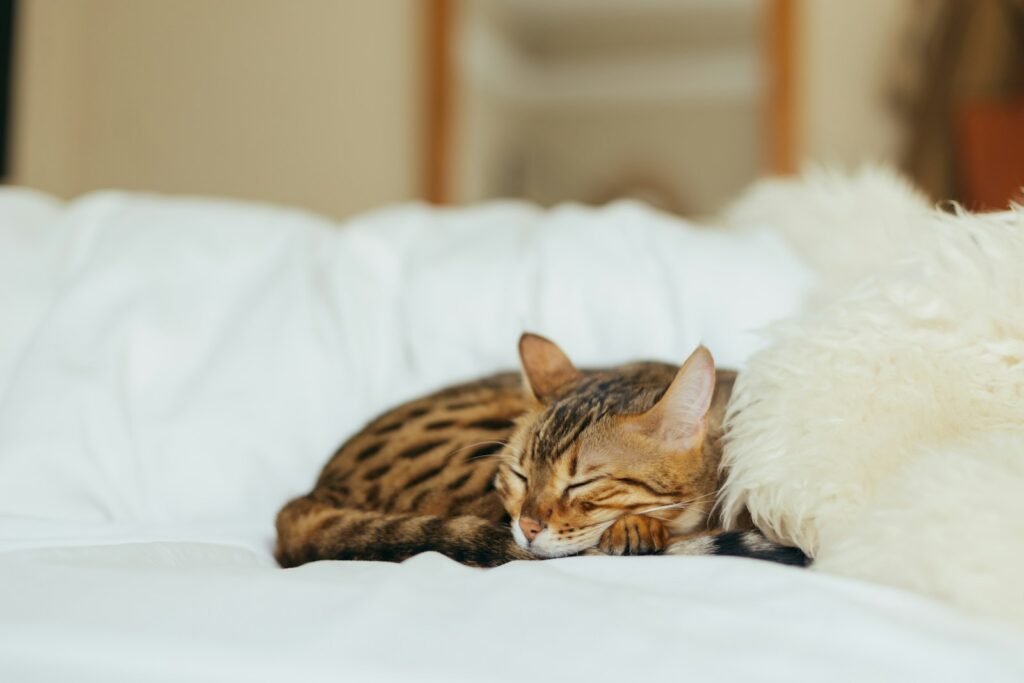
In Japan, the Maneki-neko, or “beckoning cat,” is a popular talisman believed to bring good luck and prosperity to its owner. These iconic statues often depict a cat with a raised paw, beckoning customers into shops and businesses. The origins of the Maneki-neko are rooted in folklore, with several legends explaining how cats earned their status as bringers of good fortune.
Cats in Celtic Folklore: Guardians of the Otherworld
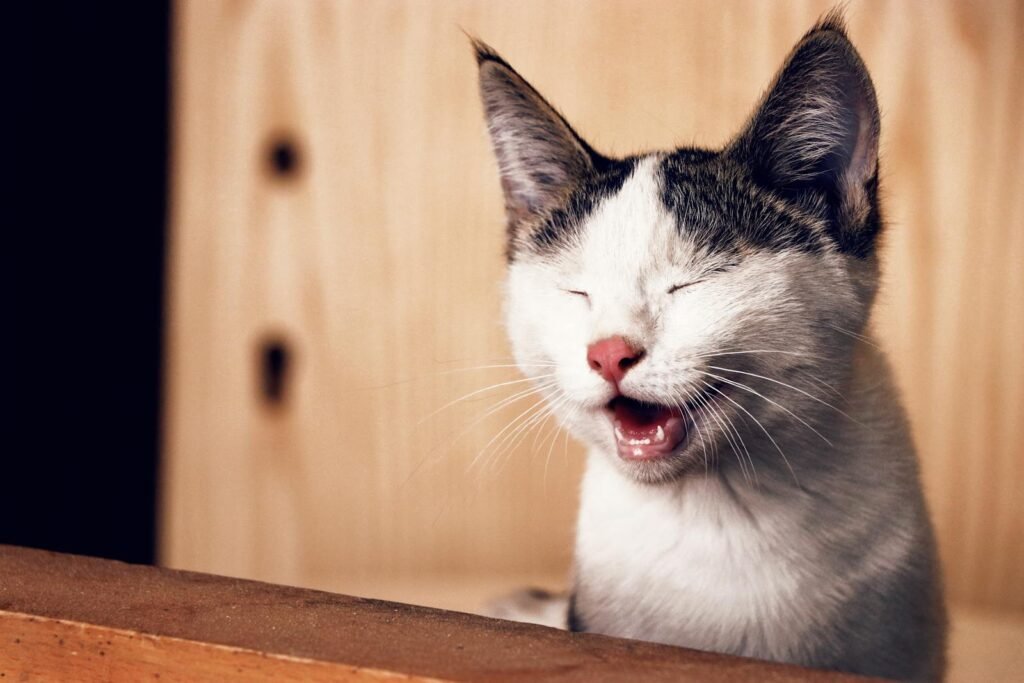
Celtic culture, too, holds cats in high regard. They were seen as mysterious creatures linked to the supernatural realm. In Celtic folklore, cats were sometimes seen as guardians of the Otherworld, acting as protectors against evil spirits. Their presence was often regarded as a sign of good luck and protection against malevolent forces.
Russian Blue Cats: A Symbol of Good Luck
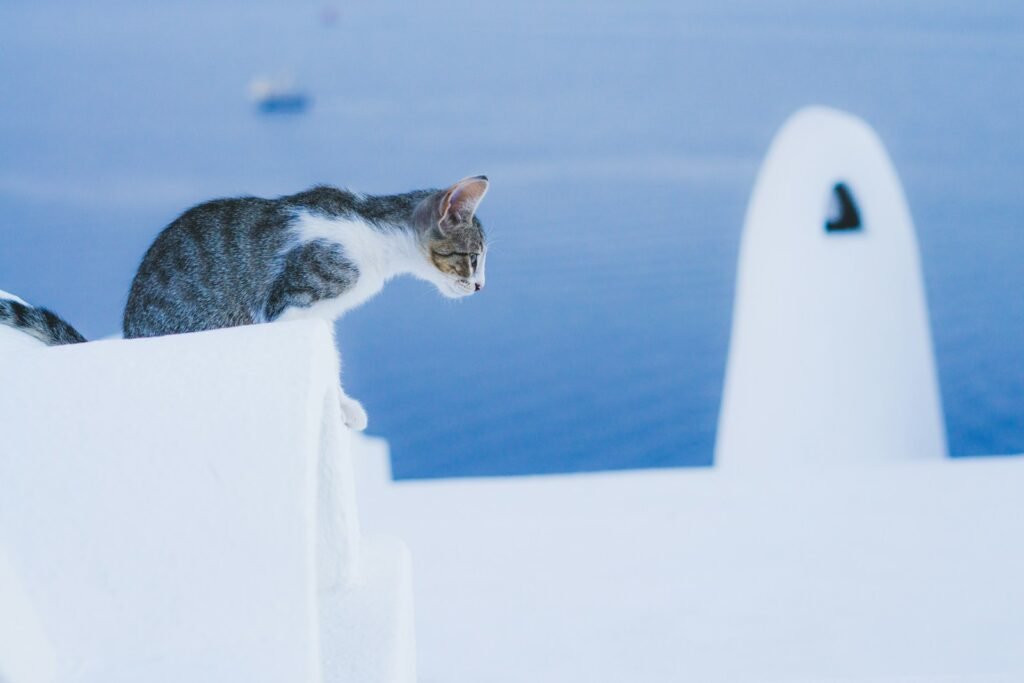
In Russia, Russian Blue cats have long been seen as symbols of good luck and prosperity. Their distinctive blue-gray coat and striking green eyes are thought to imbue a sense of calmness and serenity, making them a popular choice for those seeking companionship and a touch of good fortune.
Feline Fortune in Chinese Culture

In Chinese culture, the cat is sometimes associated with wealth and prosperity, though attitudes toward cats have varied over time. Cats are often seen in art and literature as creatures that bring good luck, particularly when it comes to crop protection and guarding homes against pests.
Cats in Norse Mythology: Companions of the Gods
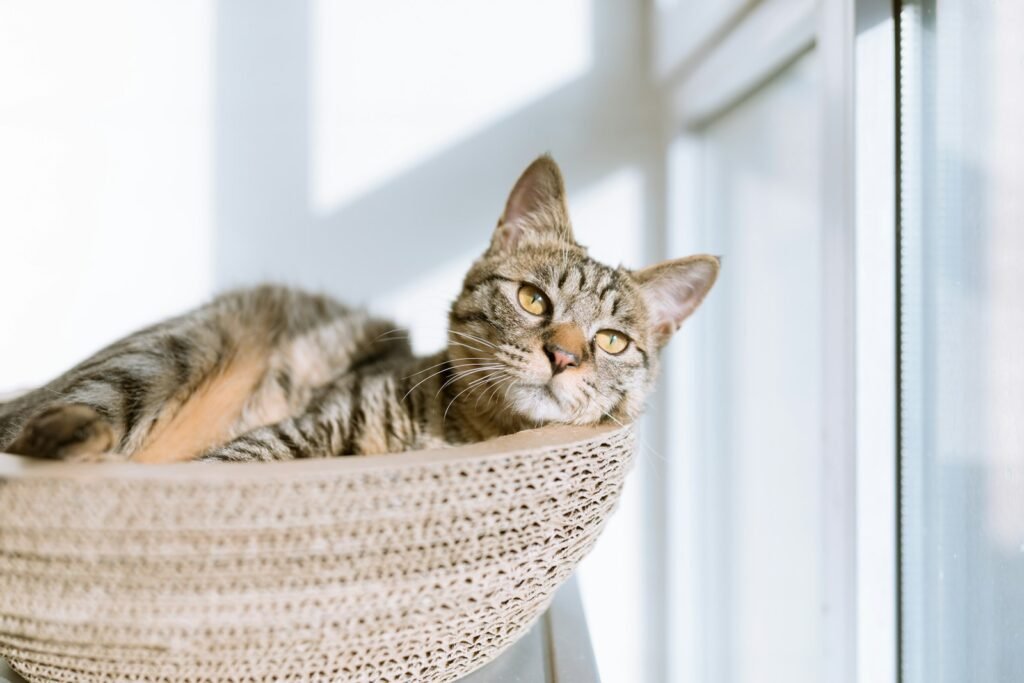
In Norse mythology, the goddess Freyja is often depicted riding in a chariot pulled by two large cats. These feline companions symbolize fertility, love, and beauty. The connection with Freyja elevated cats to creatures of reverence and luck in the Nordic cultural landscape.
Cats in Islamic Tradition: Respected Companions
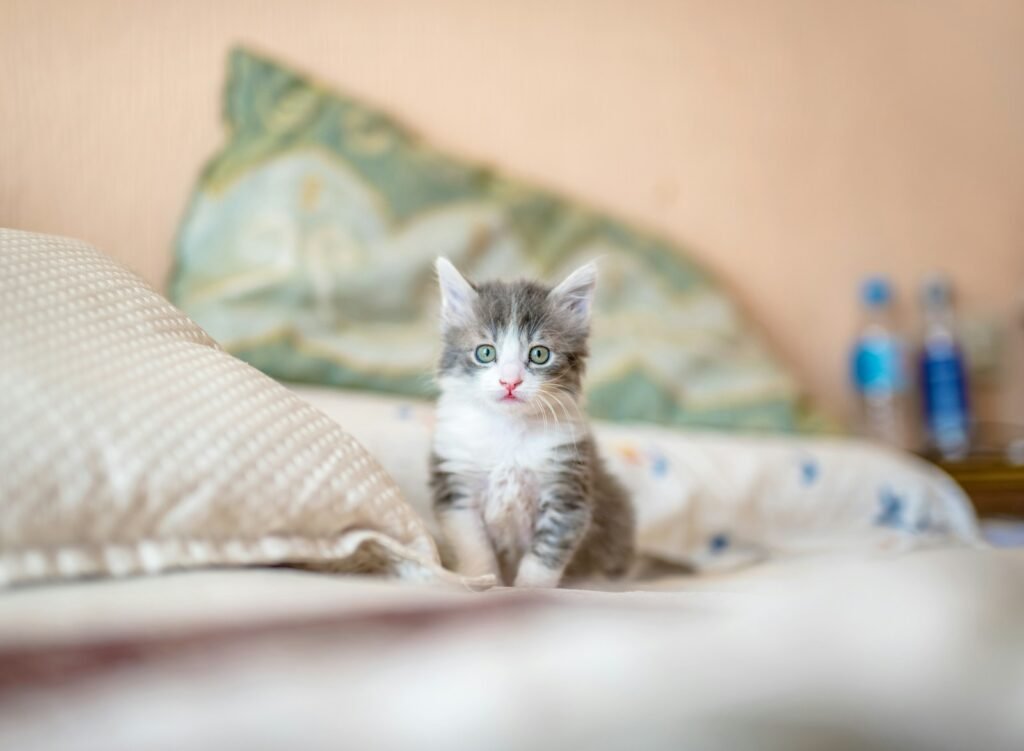
In Islamic culture, cats are respected animals and are considered spiritually clean. They are often associated with sacred purposes and are believed to bring good luck to households. Stories from the life of the Prophet Muhammad indicate a deep fondness for cats, especially one called Muezza.
Cats in the Americas: Symbols of Luck and Protection
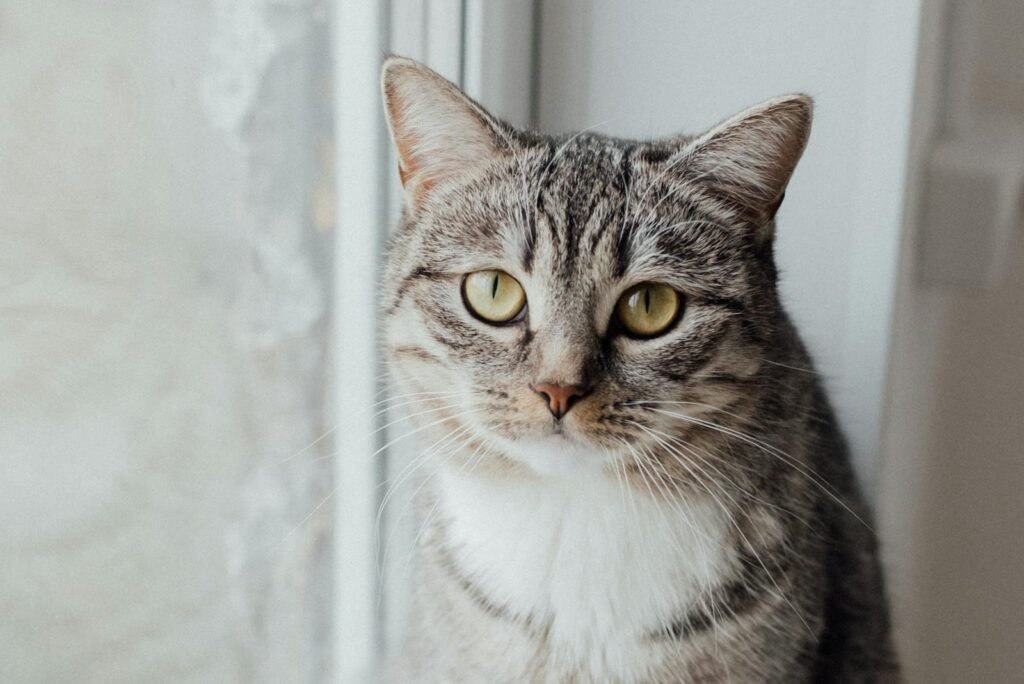
In parts of North and South America, cats have been viewed as symbols of luck. Native American tribes sometimes regarded wildcats as spirit animals, embodying strength and independence. Cats continue to be associated with good fortune in modern American culture, symbolizing protection and prosperity.
The Black Cat: A Dual Symbol of Luck
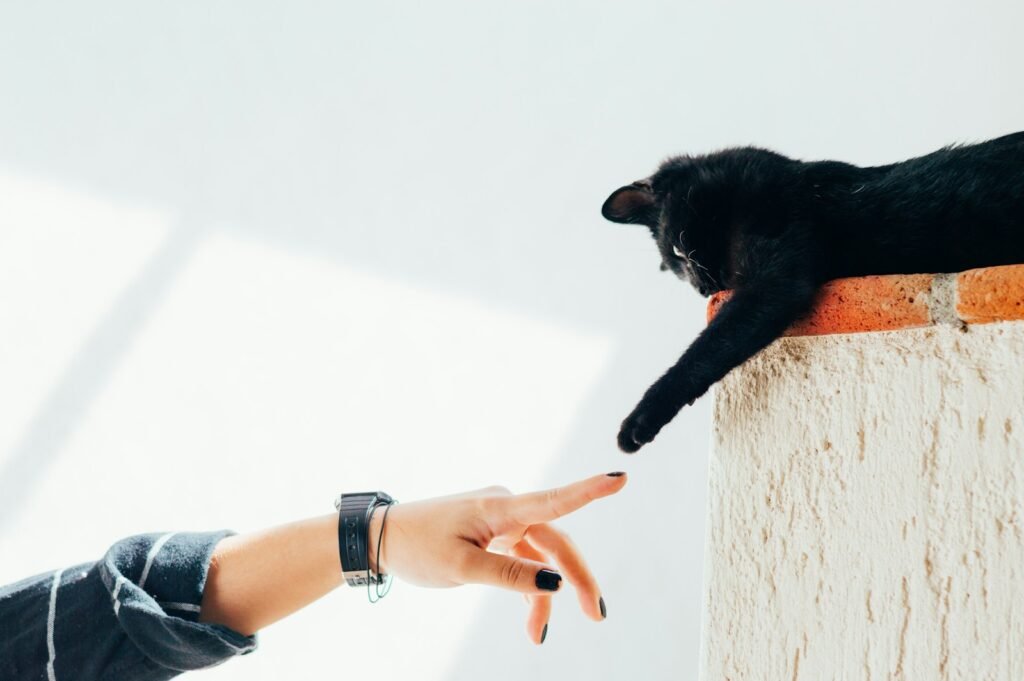
Interestingly, black cats have a dual reputation depending on the culture. In some Western cultures, black cats are traditionally seen as omens of bad luck; however, in others, such as in Celtic and Japanese folklore, they are revered as symbols of good fortune and protection from evil spirits.
The Role of Cats in Modern Superstitions
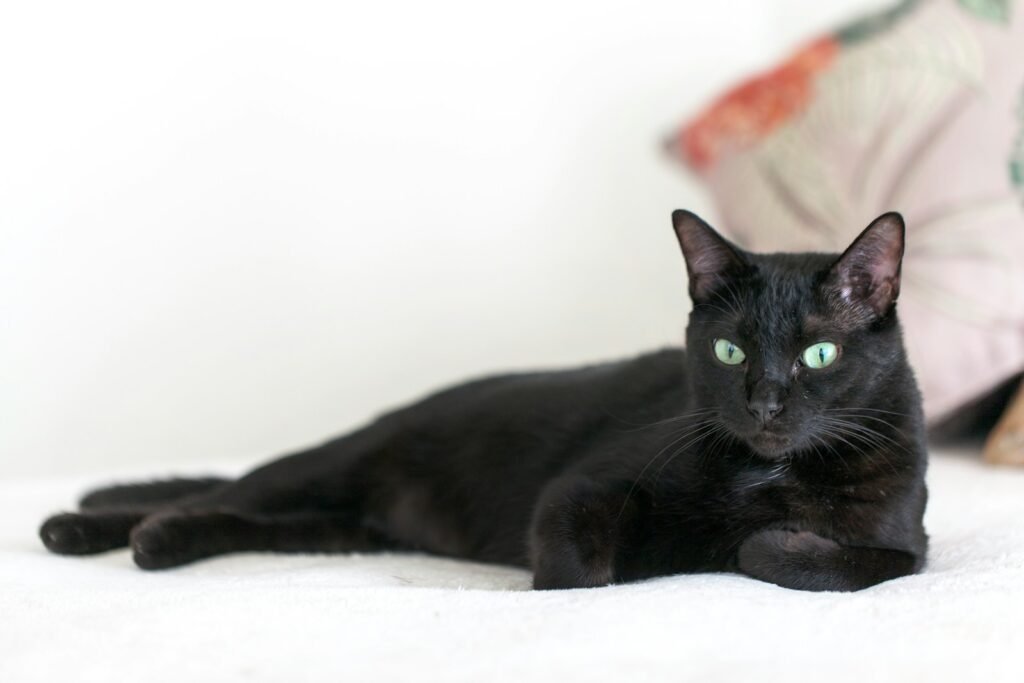
Today, the image of cats as symbols of luck persists in various forms. From the lucky cat figurines found across Asia to superstitions surrounding black cats, these animals continue to fascinate and influence cultural beliefs and practices globally. As cherished companions and symbols of fortune, domestic cats maintain their place as enduring icons of luck in modern society.
Conclusion
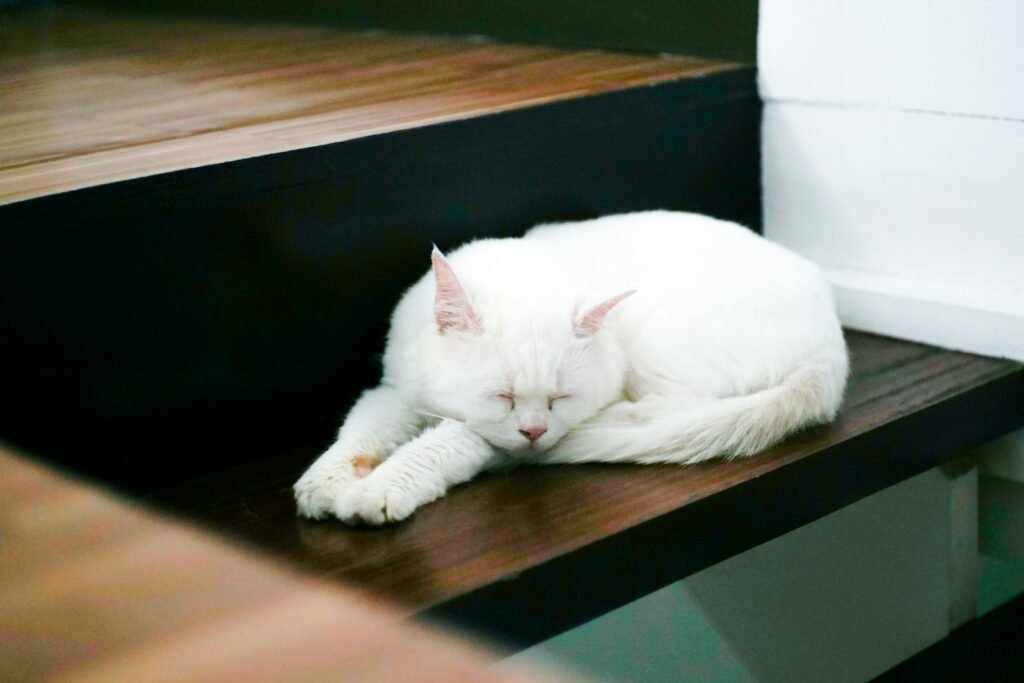
From ancient Egypt to contemporary cultures worldwide, cats have evolved from mere domesticated animals to powerful symbols of luck and prosperity. Whether serving as protectors of grain in ancient times or still figures of good fortune in today’s superstitions, the humble domestic cat continues to captivate the human imagination with its mysterious and lucky charms.

Growing up traveling and experiencing new cultures and wonders, I have had a passion for nature, adventuring, photography, and videography. I am currently working towards a BSc in Biodiversity and Ecology at Stellenbosch University, and I hope to specialise in Marine Sciences one day.
Please send any feedback to Feedback@animalsaroundtheglobe.com






